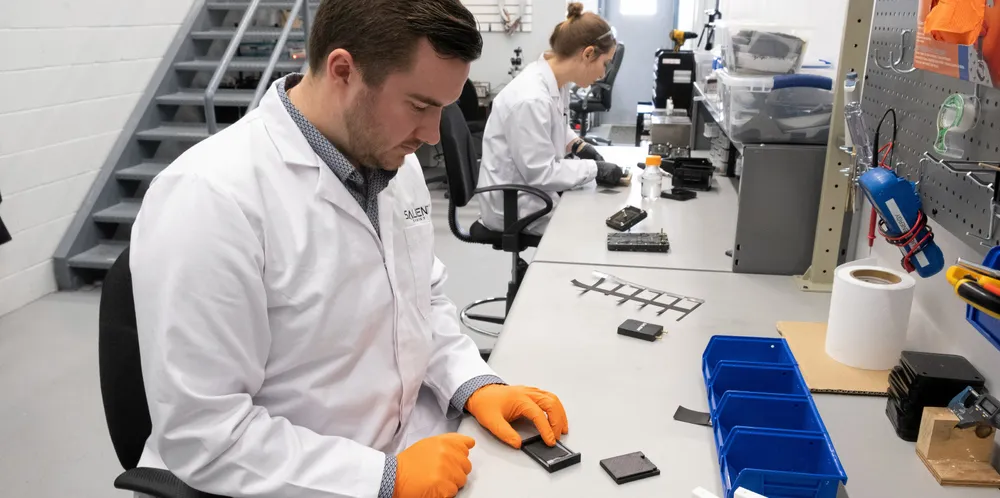Zinc-ion batteries: 'Up to 50% cheaper than lithium-ion, with no raw-materials concerns'
Start-up Salient Energy says its groundbreaking energy-storage technology will be at least 30% less expensive — as well as safer and longer-lasting — than standard lithium batteries
